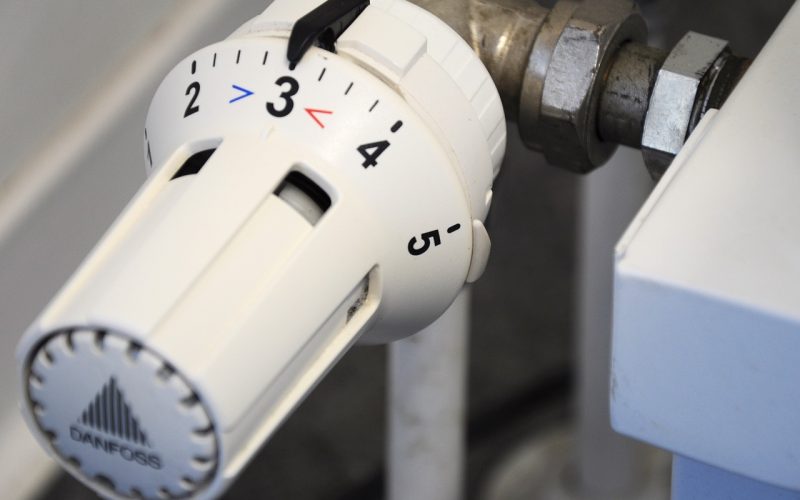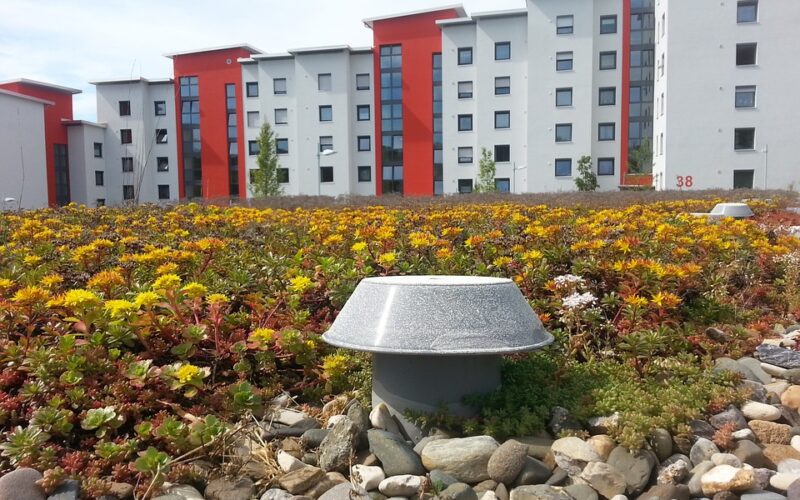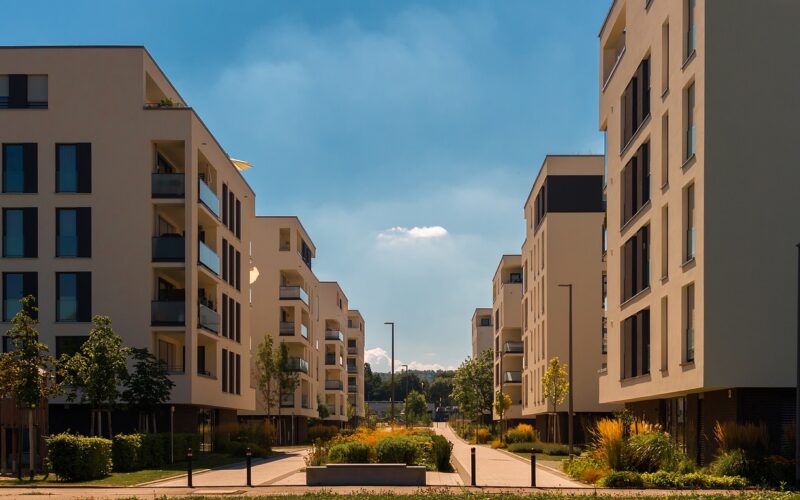Replacing Gas Boilers With Heat Source Pumps
The push to phase out gas boilers and transition to heat source pumps has been gaining momentum in recent years. Governments and environmental organisations worldwide are championing this change to reduce carbon emissions and combat climate change. While this shift presents significant benefits for the environment, it also raises questions about the financial implications for homeowners and the role of professionals, such as plumbers, in facilitating this transition. Here's an in-depth look at this evolving landscape.
The environmental advantages of heat source pumps
Heat source pumps are being promoted as a more sustainable alternative to traditional gas boilers due to their efficiency and lower carbon footprint. Unlike boilers, which burn gas to generate heat, heat source pumps extract heat from the outside air, water, or ground, making them significantly more energy-efficient. According to reports, switching to heat source pumps could help households reduce their carbon emissions from heating by up to 70%, making a considerable impact on achieving national climate targets.
This move aligns with broader goals such as the UK's commitment to achieving net-zero emissions by 2050. By encouraging the adoption of heat source pumps, governments aim to address one of the largest contributors to household emissions, paving the way for greener and more sustainable living.
Challenges faced by homeowners
Despite the benefits, the upfront costs of scrapping a traditional boiler for a heat source pump are a major concern for homeowners. Heat source pumps typically cost several thousand pounds, whereas boiler repair or a standard boiler installation is often much cheaper in the short term. Financial incentives such as grants and subsidies are being rolled out to encourage homeowners to make the switch, but these often don't fully cover the installation costs.
Another challenge is the suitability of homes for heat source pumps. Unlike boilers, which can easily be integrated into most homes, heat source pumps may require additional modifications, such as enhanced insulation or new radiator systems, to work efficiently. This adds extra costs and complexity to the transition, making it less appealing for some households.
The role of plumbers and heating engineers
With the shift away from gas boilers, the role of professionals such as plumbers and heating engineers is undergoing a transformation. While boiler repair and boiler installation remain important services for homeowners, there is an increasing need for experts trained in installing and maintaining heat source pumps.
This change highlights the growing demand for upskilling within the industry. Many plumbers are now enrolling in courses to gain certifications for working with renewable heating systems, ensuring they can meet the needs of a changing market. Investing in modern training will not only allow these professionals to remain relevant but also support homeowners in navigating the complexities of adopting new technologies.
Government initiatives to encourage adoption
To accelerate the adoption of heat source pumps, governments are implementing various policies and financial schemes. For instance, the UK's Boiler Upgrade Scheme offers grants to offset the costs of replacing traditional boilers with heat source pumps. Similarly, energy companies are encouraged to provide eco-friendly heating solutions as part of their commitment to sustainability.
Public awareness campaigns also play a crucial role in educating homeowners about the long-term savings and environmental benefits of heat source pumps. By addressing concerns and providing accurate information, these initiatives aim to build consumer confidence and drive adoption at scale.
Long-term benefits for households
While the initial cost of replacing a boiler with a heat source pump can be daunting, the long-term benefits make it a worthwhile investment. Heat source pumps are more energy-efficient and can significantly reduce heating bills over time. Additionally, as reliance on gas decreases, households can expect more stability in energy prices, particularly given the volatility in the global gas market.
Furthermore, properties with modern, eco-conscious heating systems may see an increase in value as buyers increasingly prioritise sustainable features. Transitioning to heat source pumps could therefore yield financial returns beyond monthly energy savings.
What the future holds for home heating
The shift from gas boilers to heat source pumps represents a significant step toward creating sustainable homes and meeting climate targets. However, for this transition to be successful, collaboration between governments, industry professionals, and homeowners is crucial. Financial support and education will play vital roles in overcoming barriers such as upfront costs and logistical challenges.
For homeowners looking to take the first steps, consulting with a trusted plumber or heating engineer is a great start. These professionals can assess your home's compatibility with a heat source pump or provide expert advice on traditional boiler repair or installation options until you're ready to make the switch.
A greener home begins with informed choices, making the transition to heat source pumps an opportunity to contribute to a cleaner, more sustainable future.

























